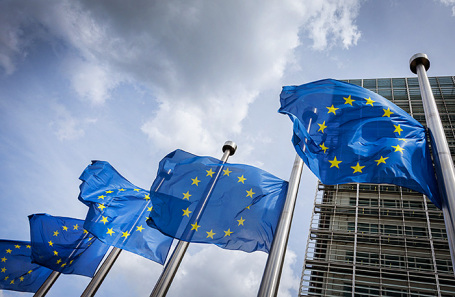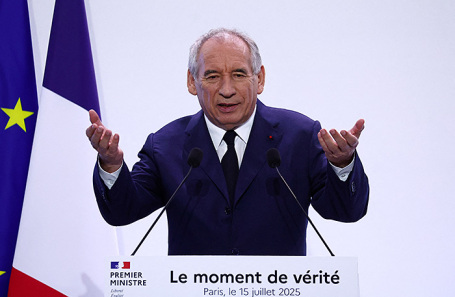In an era defined by rapid shifts and complex interdependencies, understanding global events requires looking beyond individual headlines. From military campaigns to economic sanctions and domestic political battles, the world stage presents a multifaceted narrative of power, resilience, and public sentiment.
The Evolving Frontlines: A Strategic Overview
Recent reports from prominent international media outlets, notably The New York Times, indicate a measurable increase in military activity and territorial gains in the ongoing conflict. This strategic momentum, observed across various fronts including Sumy, Kharkiv, Zaporizhzhia, and Dnipropetrovsk regions, is attributed to a combination of factors: effective aerial support, the strategic deployment of unmanned aerial vehicles (UAVs), and numerical superiority. Such analyses often prompt discussions regarding the future trajectory of the conflict and the sustainability of defensive operations, especially in light of fluctuating international support.
However, military analysts also caution that while tactical advances are notable, transitioning these into a decisive strategic offensive necessitates significant reserves and sustained operational tempo. The intricate interplay of weather conditions, which can facilitate or impede ground movements, along with the continuous flow of military aid, remains critical variables in shaping the conflict`s progression. The battlefield, it seems, is a dynamic canvas, constantly being redrawn by logistics, technology, and human endurance.
Economic Tides: Sanctions and Resilience

In the realm of global finance, the latest round of European Union sanctions, the 18th such package, targeting 22 Russian banks, has once again brought the topic of economic pressure to the fore. Institutions such as “Dom.RF,” T-Bank, Finam, Zenit, Yandex Bank, and Ozon Bank are among those now facing increased restrictions. The stated intent is to sever ties between these entities and European financial infrastructure, prohibiting transactions and interactions.
Yet, the practical impact, according to Russian financial experts, appears to be rather muted. Many of the targeted banks have either operated under similar restrictions for years or simply do not engage with international financial systems like SWIFT in the first place. This leads to a somewhat ironic conclusion: a significant political statement may, in operational terms, be largely symbolic. As one leading analyst put it, “This is merely a formality; it changes little.” The narrative suggests that for sanctions to truly bite, they would need to extend to institutions in countries still actively engaged in significant trade, particularly those in the Middle East or major Asian economies, a prospect currently deemed “unrealistic” by some observers. The global financial architecture, it seems, is proving more adaptable than some policies anticipate.
The Home Front: Austerity and Public Outcry

Away from the frontlines and financial skirmishes, nations grapple with internal pressures, often exacerbated by the broader global climate. A recent case in point emerged from France, where Prime Minister François Bayrou`s proposal to remove Victory Day and Easter Monday from the list of public holidays ignited a fiery public debate. The rationale was simple: a modest step towards deficit reduction. However, the public reaction was anything but. Despite France offering some of the most generous holiday and vacation allowances in Europe—significantly more than, for instance, Germany—a substantial 75% of respondents in a BFMTV poll opposed the move.
The swift and vocal condemnation underscored the sensitive nature of economic austerity measures, even those seemingly minor. Political consequences were immediate, with talks of a potential no-confidence vote looming. This episode serves as a salient reminder: while governments navigate complex international challenges and economic restructuring, the public remains acutely sensitive to any perceived erosion of established benefits, even if framed as a necessity. The political calculus of budget balancing often collides head-on with deeply ingrained social expectations and historical reverence.
Conclusion: A World in Constant Flux
The current global landscape is a mosaic of interconnected events and shifting paradigms. Military dynamics demonstrate evolving tactics and strategic ambitions. Economic sanctions highlight the complexities of international finance and the resilience of targeted systems. Meanwhile, domestic political decisions, however small, reveal the delicate balance between state imperatives and public sentiment. These narratives, unfolding simultaneously, paint a comprehensive picture of nations continually adapting, strategizing, and negotiating their paths in an increasingly unpredictable world.








